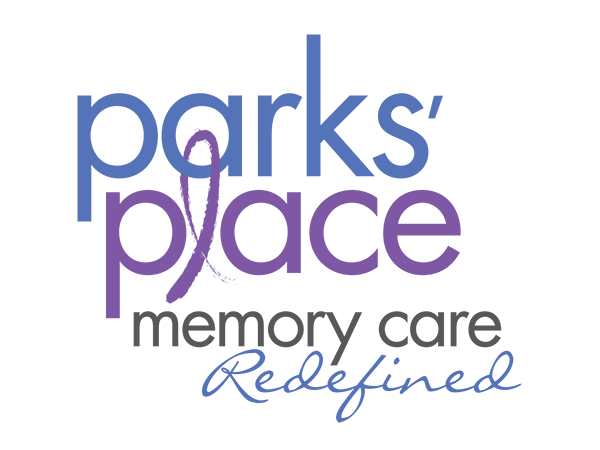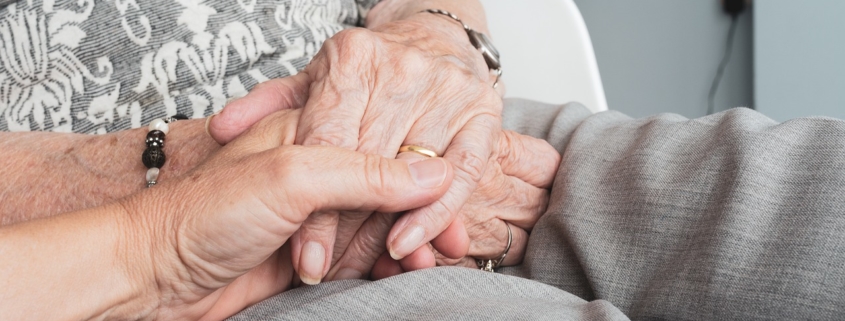Dementia can be a difficult disease to diagnose because there is no single definitive test to identify it or which type. Most physicians agree, however, that improving early diagnosis of dementia is important for patients and their families, as well as for researchers looking for ways to halt or slow the progression of the disease. Early diagnosis also can reduce the risk of inappropriate treatment.
Today, many physicians and researchers are enthusiastic about using levels of beta amyloid and tau in spinal fluid to diagnose Alzheimer’s disease. If studies confirm the validity of this approach, it may allow physicians to identify people who are beginning to develop the disease before they experience symptoms.
About Dementia Diagnosis
While each physician will diagnose the disease in his or her own way, the following are common elements of most diagnostic procedures.
Patient history and physical exam. The first step for most physicians is to conduct a patient history, including overall medical and emotional health, plus a comprehensive physical examination. These tests will rule out any underlying disorders that might contribute to dementia, such as depression, normal pressure hydrocephalus, or vitamin B12 deficiency.
Neurological evaluations. Physicians will usually perform a neurological examination, checking balance, sensory function, and reflexes to identify conditions that may be treatable, such as movement disorders or stroke.
Cognitive and neuropsychological tests. There are numerous tests that measure memory, language skills, and other abilities related to cognitive functioning. These may include the Mini-Mental State Examination (MMSE) to assess cognitive skills in people with suspected dementia. This test measures a person’s orientation, memory, and attention.
Brain scans. Physicians also may use a variety of brain scans, such as computerized tomographic (CT) scans and magnetic resonance imaging (MRI) to identify strokes, tumors, or other problems that can cause dementia. Scans can also spot cortical atrophy, or degeneration of the brain’s outer layer, as well as changes in the brain’s structure and function that might suggest Alzheimer’s disease. Additionally, they can show evidence of changes to the blood vessels and other problems such as hydrocephalus and subdural hematomas. Another brain scan, the electroencephalogram (EEG) detects and records patterns of electrical activity in the brain, enabling physicians to see abnormalities which might indicate cognitive dysfunction.
Several other types of functional brain scans are currently used in research and may ultimately lead to earlier diagnosis of dementia:
- Functional MRI (fMRI) measures metabolic changes in the brain by using radio waves and a strong magnetic field.
- Single photon-emission computed tomography (SPECT) shows the distribution of blood in the brain.
- Positron emission tomography (PET) scans detect changes in glucose metabolism, oxygen metabolism, and blood flow.
- Magnetoencephalography (MEG) shows the electromagnetic fields produced by activity of the brain’s neurons.
Laboratory tests. Laboratory tests help diagnose dementia, as well as rule out other conditions, such as kidney failure, that can contribute to symptoms. Typical lab tests include a complete blood count, blood glucose test, urinalysis, drug and alcohol tests (toxicology screen), cerebrospinal fluid analysis (to rule out infections that can affect the brain), and analysis of thyroid and thyroid-stimulating hormone levels.
Psychiatric evaluation. Sometimes physicians will suggest a psychiatric evaluation to determine if depression or another psychiatric disorder is causing symptoms of dementia.
Dementia Treatment
Exciting research continues to accelerate as scientists learn more about the causes of dementia. Many treatments are available, while new treatments are under consideration or in development.
Alzheimer’s Disease: Some Alzheimer’s patients benefit from a category of drugs called cholinesterase inhibitors that improve symptoms and slow the progression of the disease, improving the patient’s quality of life. They work by slowing the breakdown of the neurotransmitter acetylcholine, which helps to form memories and is used in the hippocampus and the cerebral cortex, two brain regions that are affected by Alzheimer’s disease. The cholinesterase inhibitors approved for use in the United States are: tacrine, donepezil, rivastigmine, and galantamine, among others.
Memantine regulates the activity of a neurotransmitter called glutamate that plays a role in learning and memory, and is often disrupted by Alzheimer’s disease. Physicians also sometimes prescribe anticonvulsants, antipsychotics, sedatives, and antidepressants to treat specific problems associated with dementia.
Vascular Dementia: Cholinesterase inhibitors, including galantamine, improve cognitive function and behavioral symptoms in some patients with early vascular dementia, but for most patients treatments are designed simply to reduce the risk factors for further brain damage. The progression of vascular dementia often can be slowed if underlying risk factors, such as high blood pressure, high cholesterol, heart disease, and diabetes are treated.
Other Dementias: Some studies have suggested that cholinesterase inhibitors, such as donepezil, can improve behavioral symptoms in some patients with Parkinson’s dementia. They also may be able to improve cognitive function in patients with Lewy body dementia. Currently, there are no medications approved specifically to treat or prevent most other types of progressive dementia, but sometimes physicians prescribe sedatives and antidepressants to treat specific parkinsonian and psychiatric symptoms.
Parks’ Place Memory Care is a privately owned assisted living home, specialized and specifically designed for those with Alzheimer’s and other dementias. Our home is for people of any stage of dementia so they are able to age-in-place in their home. For tours, general information, or admission inquiry, please contact Kaitlin Kelly at 612-358-3725.



